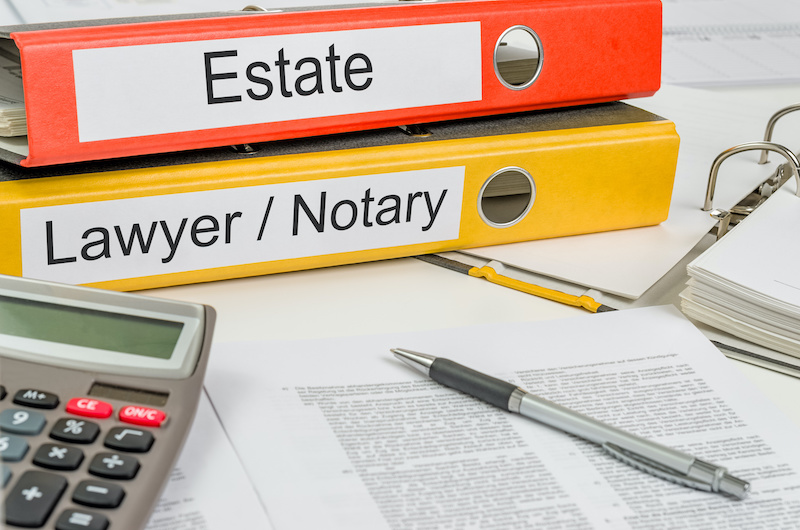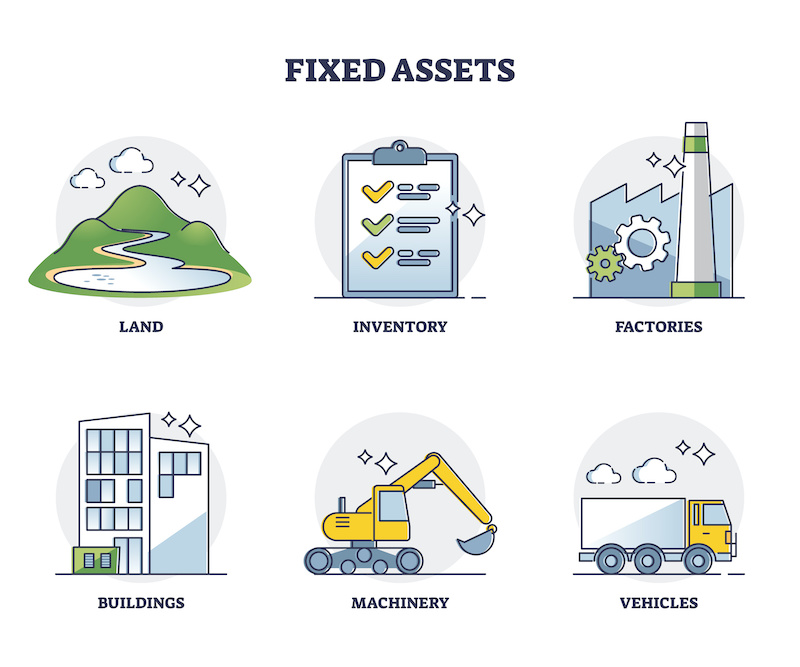
Estate administration refers to managing and distributing a deceased person’s assets in the U.S. This process includes identifying and inventorying the decedent’s assets. It also includes paying debts and taxes, and distributing remaining assets. Without a valid will, actions follow state intestacy laws. The executor manages the process. Estate administration flows with or without the oversight of a court. Thus, terms depend on advanced estate planning strategies.

Estate Administration Includes:
- Probating the will
- Getting a death certificate
- Obtaining a tax ID number
- Identifying and locating the deceased person’s assets
- Using estate assets to pay outstanding debts, taxes, and other liabilities
- Receiving a court-issued document called letters of testamentary or letters of administration
- Inventorying and appraising estate assets
- Filing tax returns and paying taxes due on the estate
- Distributing the estate’s assets to beneficiaries
- Closing the estate
State Law Governs Estate Administration

With very few exceptions, state law governs estate administration. So, each state follows unique laws and regulations regarding probate and distribution of a decedent’s assets. Also, these laws vary significantly. Therefore, consult with an estate planning attorney or probate lawyer familiar with the laws of the state.
Probate
The length of time required to administer an estate varies. What’s more, terms depend on several areas:

- The estate’s size and complexity
- Number of beneficiaries
- Whether anyone disputes or challenges the will
Closing the Estate
The Personal Representative:
- Distributes assets according to the terms of the will or state laws.
- Closes financial accounts, such as bank and investment accounts, that belong to the estate.
- Files all final tax returns for the decedent and the estate
- Submits a final report with the probate court.
- Obtains court approval and discharge, closing the estate

Once these tasks are complete, the estate administration process concludes, and the court distributes the deceased person’s assets. Therefore, while estate administration follows a general template and a set of rules, each estate is unique. Thus, ensuring all formalities are properly addressed can be daunting. Finally, meeting with a probate or estate planning attorney to structure an approach and create a list of tasks can help a personal representative track all the necessary elements. Furthermore, systematic and organized approach with proper attorney oversight can make estate administration run smoothly.
About Skvarna Law Firm in Glendora and Upland, California

Let a skilled attorney assist with your estate plan. So, contact us today to learn about your options (909) 608-7671. We operate offices in Glendora and Upland, California. Therefore, we provide legal services for individuals living in San Bernardino, Los Angeles, Orange, and Riverside Counties. This includes the cities of Upland, Ontario, Rancho Cucamonga, Fontana, Colton, Rialto, Chino, Chino Hills, Glendora, Claremont, Montclair, Pomona, La Verne, San Dimas, Azusa, Covina, West Covina, Diamond Bar, Walnut, La Puente, Corona, Norco & Mira Loma. Visit SkvarnaLaw.com to learn more.


